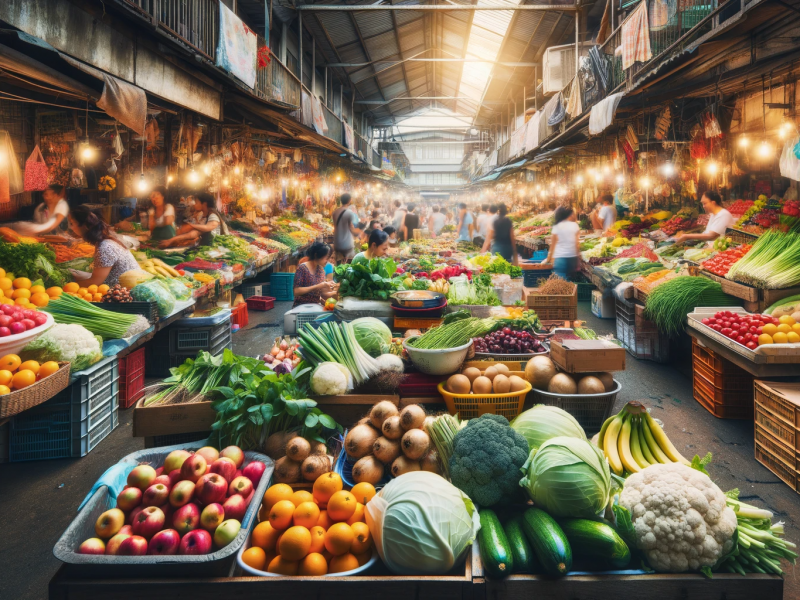Global Challenge of Food Waste: Reducing Waste for Sustainable Consumption
Food waste is a significant global issue with far-reaching environmental, economic, and social implications. Each year, vast amounts of food are wasted, contributing to greenhouse gas emissions and squandering resources. Addressing the challenge of food waste is essential for sustainable consumption and environmental conservation. This article explores the causes of food waste and strategies to reduce it at individual, community, and global levels.
Understanding the Scale of Food Waste
The scale of food waste is staggering, with approximately one-third of all food produced globally going to waste. This waste occurs at every stage of the food supply chain, from farms to households. The reasons are varied, including overproduction, inadequate storage, and strict cosmetic standards for produce.

The Environmental Impact of Food Waste
Food waste significantly contributes to greenhouse gas emissions, particularly methane, a potent greenhouse gas released during the decomposition of organic matter. Additionally, wasting food means squandering the water, energy, and labor that went into producing it.
Composting: Turning Waste into Resource
Composting is an effective way to manage food waste. By composting food scraps and organic matter, we can reduce landfill waste and create nutrient-rich compost that benefits soil health. Composting bins and community composting programs are becoming more prevalent as people recognize the value of this sustainable practice.

Minimizing Waste in the Kitchen
Minimizing food waste begins in the kitchen. Being mindful of portion sizes, properly storing food to extend its shelf life, and using up leftovers can significantly reduce household food waste. Creative cooking techniques that use the entire vegetable, including parts often discarded, can also help in this effort.
‘Ugly’ Produce and Food Recovery Programs
Initiatives to sell ‘ugly’ produce, which are fruits and vegetables that don’t meet cosmetic standards but are perfectly edible, have gained popularity. Food recovery programs that redistribute surplus food from retailers and restaurants to those in need are also an effective way to combat food waste.
Policy and Consumer Advocacy
Policy changes and consumer advocacy play a crucial role in reducing food waste. This includes encouraging more realistic ‘best before’ dates, supporting policies that promote food recovery and redistribution, and raising awareness about the impacts of food waste.
In conclusion, reducing food waste is a critical component of sustainable consumption and environmental stewardship. Through individual actions, community initiatives, and policy advocacy, we can make significant strides in addressing this global challenge.





